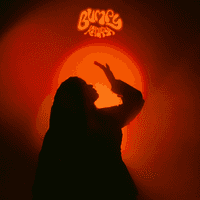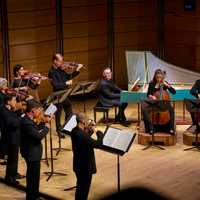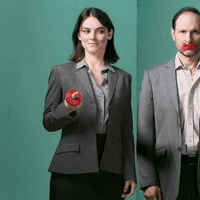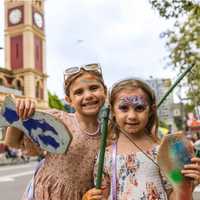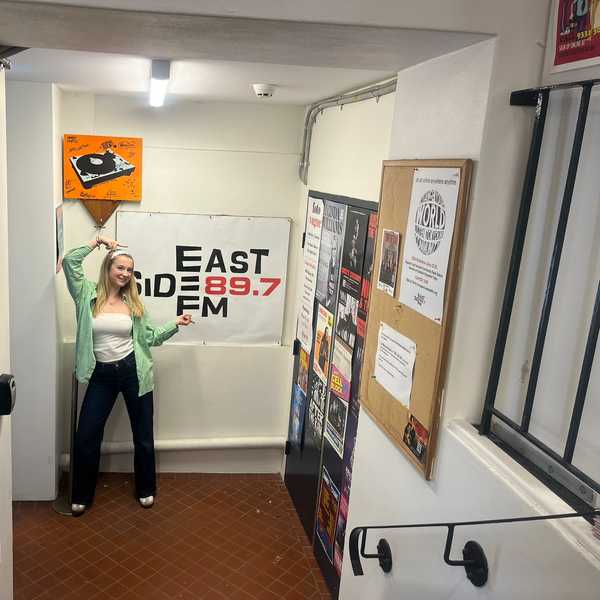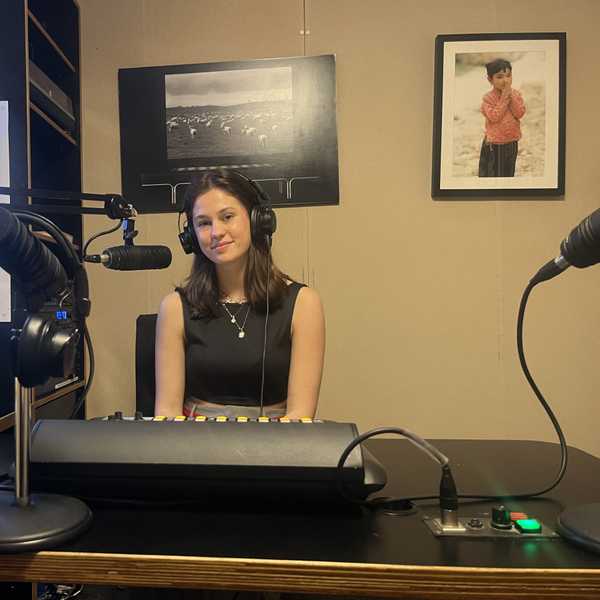Saturday 16 August 2025
Sydney Philharmonia Choirs and Ensemble
Review by Paul Neeson (Arts Wednesday)
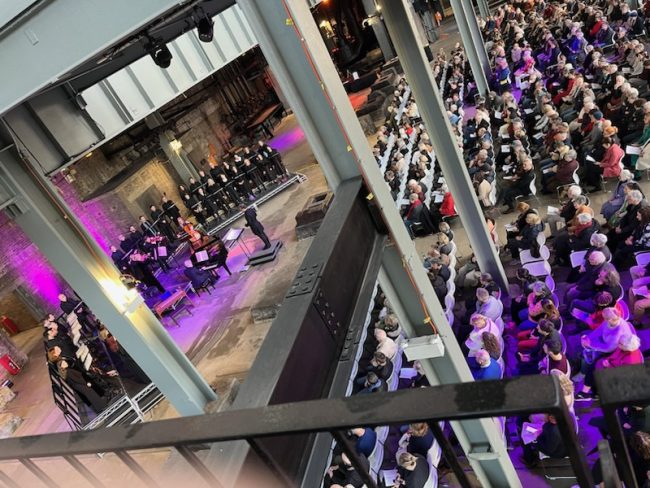
What White Bay Power Station lacks in the elite acoustic of the City Recital Hall or the Concert Hall of the Sydney Opera House, it more than makes up for with its dramatic pre-WWI industrial infrastructure and architecture. Well that was our venue for Lost Birds, a concert of contemporary choral music by the Sydney Philharmonia Choirs and a small ensemble conducted by Artistic Director, Brett Weymark. The space is vast and we were pleased to see it filled to capacity.
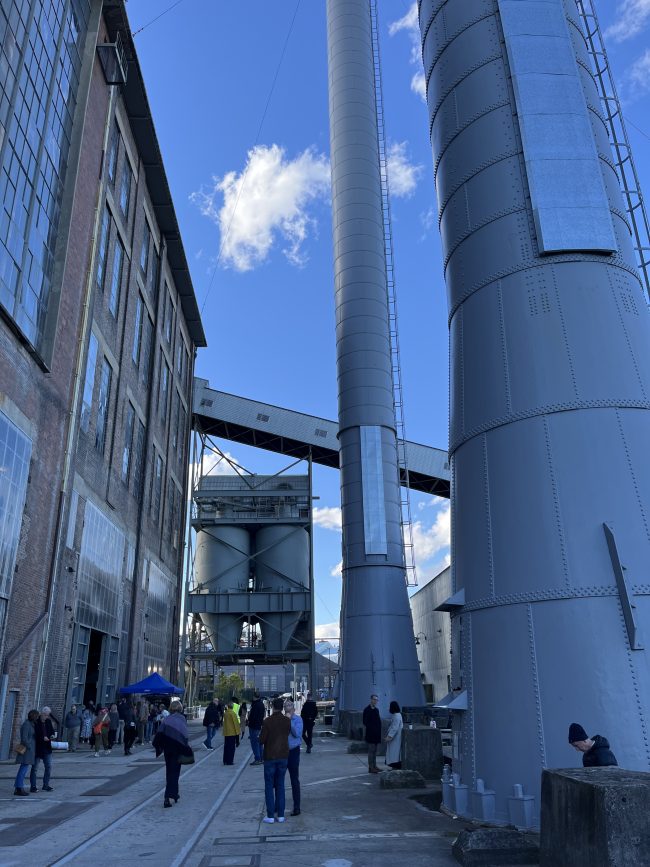
We heard two movements from Joanna Forbes L’Estrange’s A Season to Sing: A choral re-imagining of Vivaldi’s Four Seasons using mainly Biblical texts. The first half began with Autumn. I have to say I am surprised how well Vivaldi’s Violin Concerto is suited to a choir. The singers take on most of the melody and harmonic structures, while the solo violin is in most parts relegated to not much more than an obligato. 1st violin, Fiona Ziegler did an admirable job of the solo part, but this is where the acoustic let them down. While the Chamber Singers produced enough volume to generate a 3 second reverb, the four strings and piano were struggling to be heard beyond the tenth row. But it was after all mainly about the singing.
Next came Timeless Land by Joseph Twist. The work is at heart a call to arms about environmental degradation and climate action. Twist used texts from Australian poets to propel his tale. These included Banjo Paterson’s Sunrise on the Coast, Judith Wright’s Wonga Vine and two poemsthat elicited a chuckle from the audience: Michael Leunig’s Magpie and Jellyfish by Les Murray. The eight movements were connected by not much more than their theme. Musically, while they were all composed in the same style, the work didn’t flow or seem to have a logical progression. The overall tone was sweet and melodic, but dissonances appeared to be haphazardly placed with little anticipation or resolution.
After interval and a fascinating wander around the site, the choir resumed the stage for L’Estrange’s next movement, Winter. In a typical Weymark theatrical joke, the singers all donned scarves and beanies, which was probably very comforting as the wan winter sun was beginning to set. The choir’s shivering and vocal jaw-wobbling were a nice wintery touch that delighted the crowd.
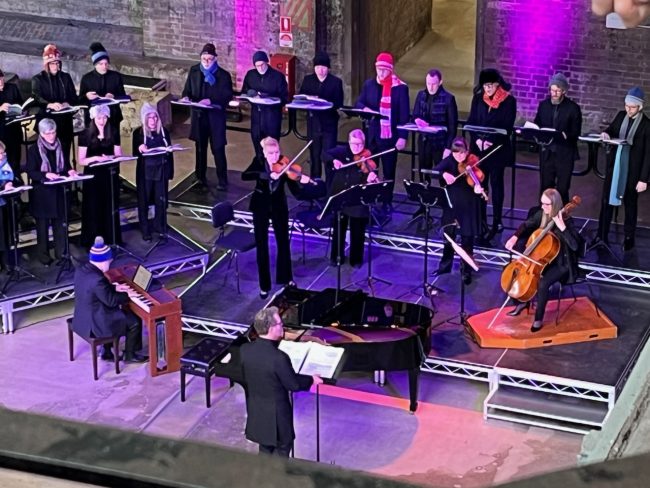
Then came the title piece for the concert: The Lost Birds – An Extinction Elegy by Christopher Tin. Again we hear a cautionary tale, but this time with texts from late 19th and early 20th centuries female poets, including Emily Dickinson, Sara Teasdale and Edna St Vincent Millay. The harmonic language also resembles that period with reminiscences of folk tunes and church singing. The narrative mourns the loss of many avian species, and the silence in the forests left in their passing. But in the final movement we see a ray of hope in the future: “Hope is the thing with feathers that perches in the soul”.
And like the canary in the coal mine (or coal fired power station in this instance) the warning is there before our eyes and ears – and after so many, do we need another one? It seems we do, and any new way of telling that story can only add weight to the urgency. The power of singing is well-known and thank you to Christopher Tin and Joseph Twist for continuing that vital work.
Share "Review. Lost Birds at White Bay Power Station"
Copy


